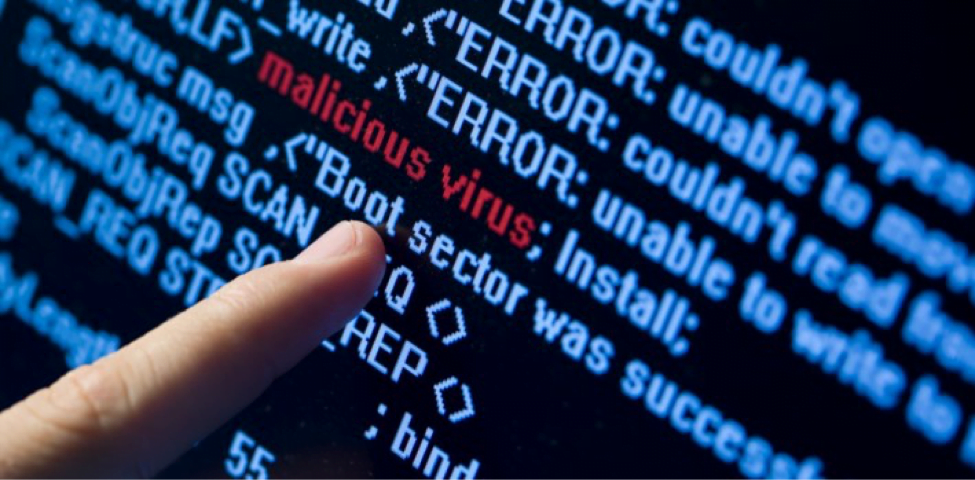Malware is malicious software that is designed by hackers to compromise the normal operations of your system without your consent. It encompasses malicious software such as spyware, ransomware, command, and control, etc.
Hackers attack your website for various reasons such as; to steal your client’s information, channel your website traffic to their preferred sites, or to simply ask for a ransom.
Below are some basic and important information you should know before contacting a WordPress malware removal service provider
How you got hacked in the first place
First and foremost, it is always essential not to take the hack personally. Most hackers have routinely used an automated script that freely and randomly roams the internet In search of an easy target to attack.
Your site might have fallen a victim most probably because you unknowingly fall in the bracket of the easy targets. This is possible because you might still be operating with an old version of WordPress or you might have installed a plugin with known security vulnerability.
However, the most cause of malware is due to cross-contamination. This is possible in case your website is sharing a server with other sites that are vulnerable or sites that have already been attacked.
Mostly, hackers access your website from shared host environment where they use one infected website to transfer the malware to other sites even when the sites are operating on different accounts.
How to know you have been hacked
Your website is probably the core of your business. It handles almost everything from customer data, e-commerce transactions, marketing, and should be protected at all cost.
Recognizing the importance of your website to your business should be enough reason to always put you on the lookout for anything that might compromise its functionality.
Though not all websites are 100% secure from malware, it is vital to be in a position to easily recognize leads that indicate any abnormality in your site. For that reason, I have listed some reflags to help you know if your website has been hacked.
First, you might receive an email or a call from your host service provider informing you that your website has a malware. Additionally, they will notify you to fix your website right away or risk your hosting account being shut down in an effort to reduce or prevent the malware from spreading to other sites.
The other way of finding out if your website has been hacked is when Google has blacklisted you. Google will put a red warning screen on your website in an effort to prevent visitors from accessing your site. This warning generally is geared at preventing the malware from spreading to other sites.
Furthermore, you will notice your Website operation becomes slow due to the overuse of server resources. If your website takes a long time to open, the likelihood of people hitting the back button is very high. That way, you will lose potential clients as soon as they log onto your website and that is terrible for business.
Additionally, you can find out your website has been hacked when it unexpectedly redirect itself to other sites. This is possible because the traffic to your website is always redirected to other sites for the benefit of hackers.

How to prevent the hack from happening
There are no sure ways or methods on how you can fully secure your website from all kind of hack attempts.
With that said, it is important also not to be an easy prey for hackers. Taking the necessary steps can be of great help in securing your website such as; updating your site regularly, regular changing and hardening of your password, scanning your website regularly with anti-malware software.
You can also protect your website from malware by choosing a suitable host. Having an efficient host can offer your website an extra layer of protection. Though shared host has been associated with a certain level of vulnerability due to a shared server by many sites. It is essential to look for hosting sites that scan websites before offering their services.
Finally, it is vital you be very selective on the type of plugins you install on your website. You should only install themes and plugins from reputable theme developer or their official directories. You can find more on how you can prevent your WordPress site from being attacked here.

very usefull information for every wordpress web or blog user .
good explain & usefull post
thanks for sharing this post